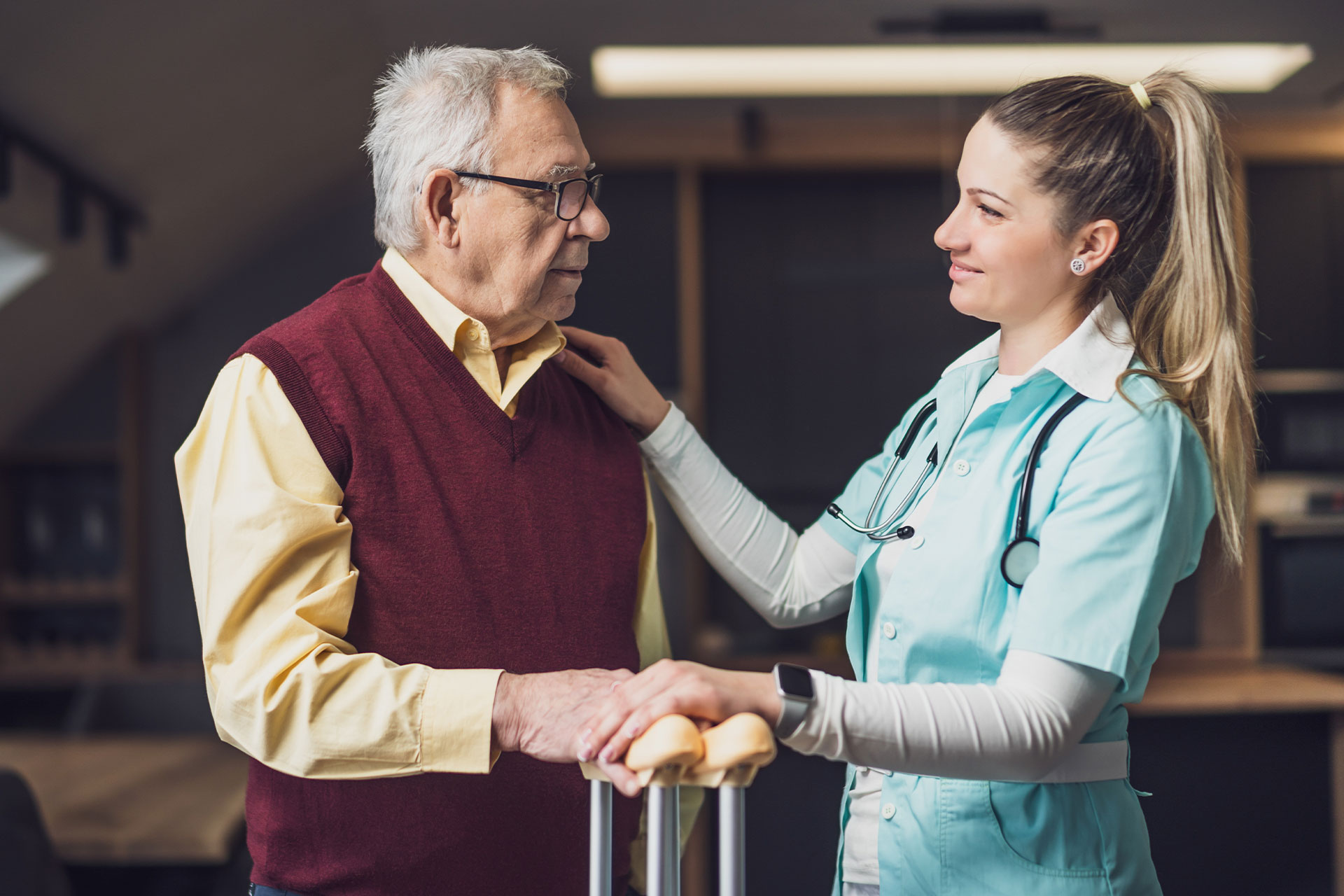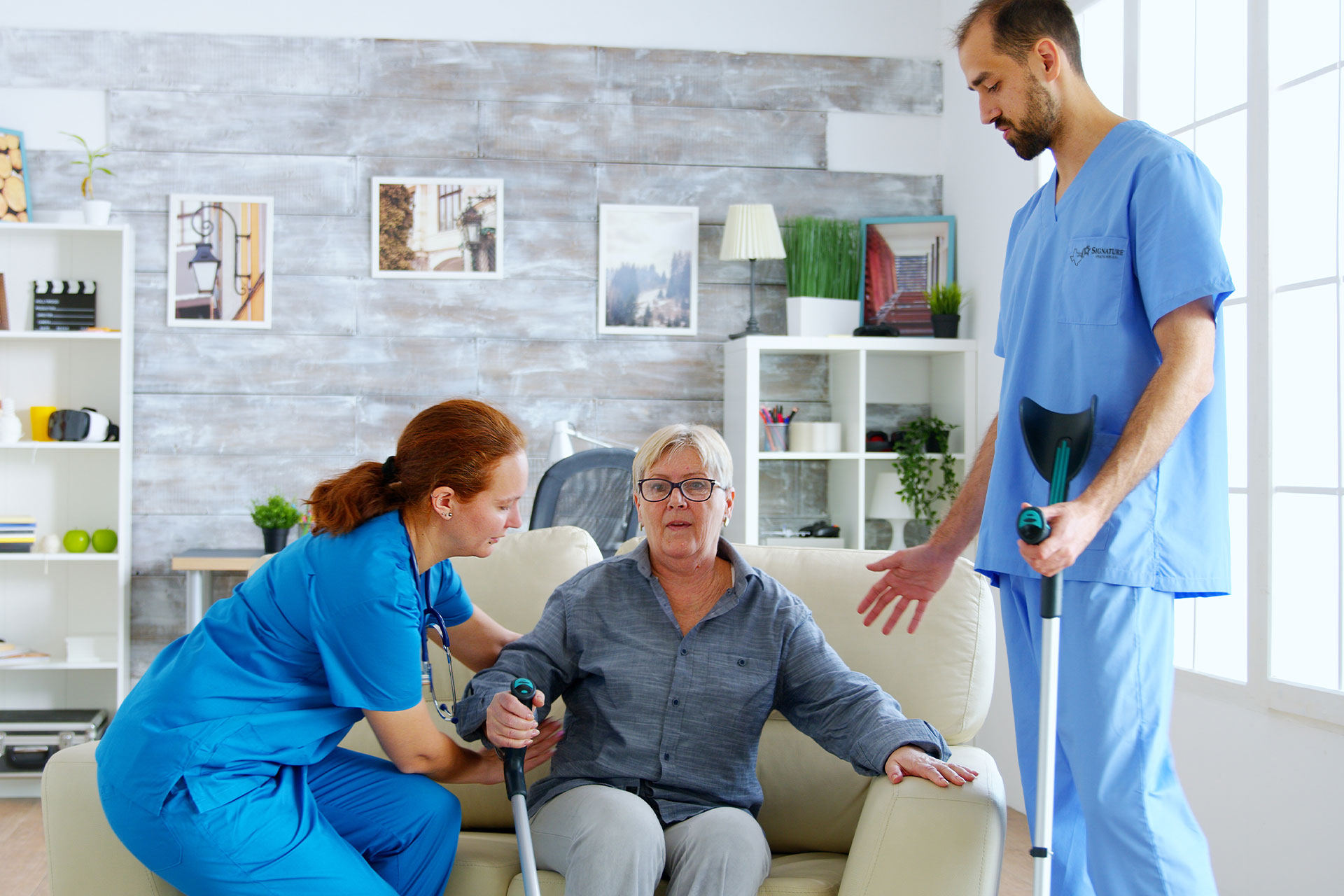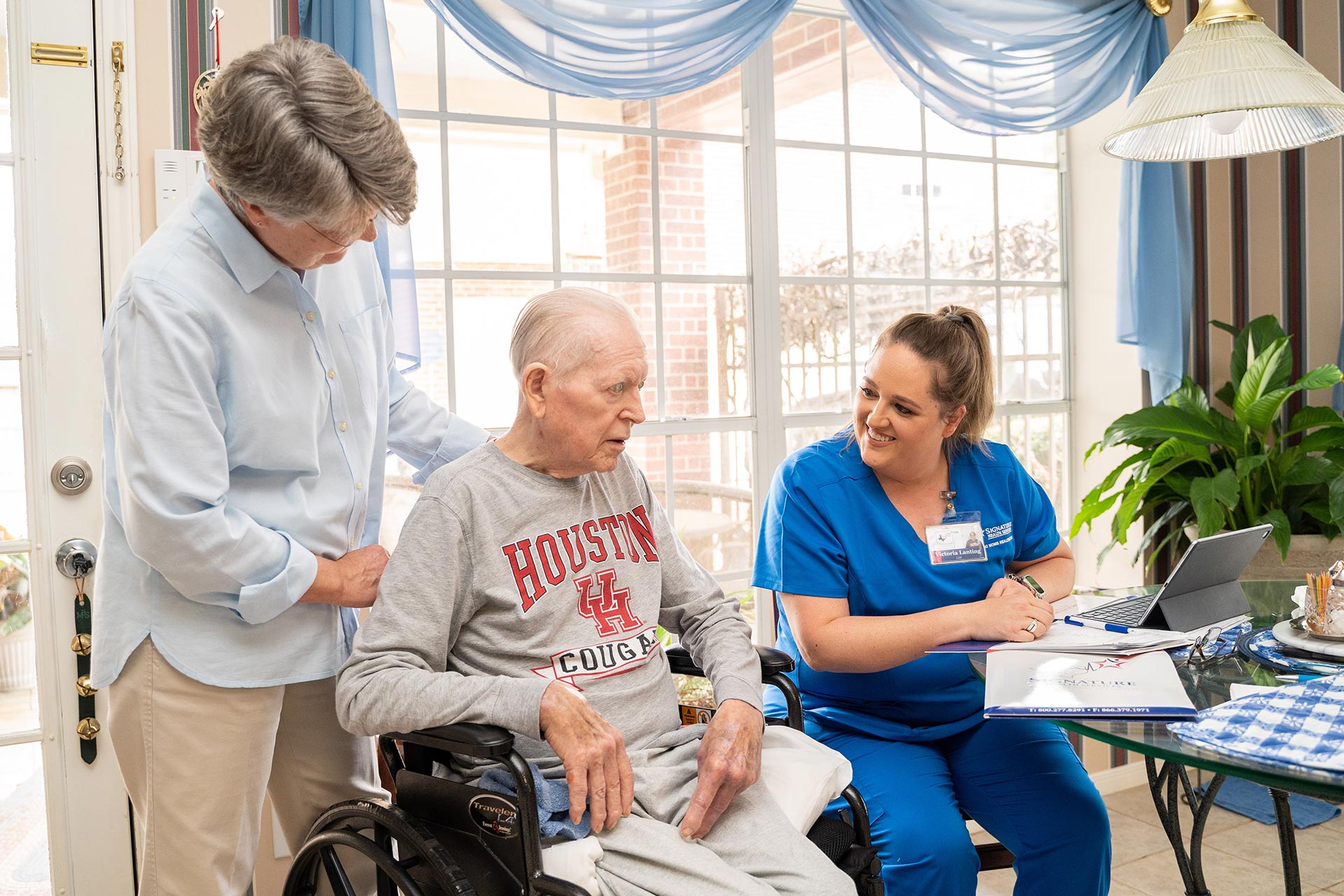The concept of independence is fundamental in healthcare, especially with nursing care at home. Independence is not only about being able to do your daily tasks; it empowers patients to maintain control over their lives as much as possible. It is all about promoting self-care skills, enabling decision-making, and supporting patient autonomy, even as caregivers extend their helping hands.
Why is promoting independence so crucial in-home nursing care?
The answer lies in the pack of benefits it offers to patients. Firstly, encouraging independence bolsters self-esteem. When people can complete tasks on their own, it instills a sense of pride and accomplishment, enhancing their overall well-being. Additionally, promoting autonomy reduces feelings of helplessness, which are often associated with being overly dependent on others for even the simplest of tasks.
Moreover, encouraging independence motivates physical activity. When people are actively involved in their care routines, it promotes movement and engagement, contributing to better physical health. Besides, independence boosts mental stimulation as patients are challenged to think, make decisions, and solve problems, which is essential for cognitive health, particularly in older adults.
Furthermore, independence can significantly reduce the risk of depression. Empowering individuals to take charge of their lives to the best of their abilities cultivates a sense of purpose and control, mitigating feelings of despair or sadness. Ultimately, promoting independence leads to higher overall satisfaction with care, as patients feel respected, empowered, and actively involved in their treatment journey.

The Role of Home Care Nurses
Caregivers can help patients manage their daily tasks while also encouraging them to utilize their abilities. Home care nurses will also provide personalized care that respects each one’s autonomy and preferences. This approach is necessary because, once the service ends, the patients should be able to keep as much independence as possible, optimizing their recovery and taking control of their lives.
Nurses should also recognize and respond to conditions such as diabetes, dementia, and sensory loss, as well as support needs such as nutrition, continence, and end-of-life care, among other conditions, while adapting to changing health and circumstances. Furthermore, it is essential to understand that home care should be available for everyone who needs it and meet the required criteria.

How to Support People to Build Independence
Several strategies can be employed to enable patient independence effectively:
Using Assistive Technology with Our Patients
Devices such as medication reminders, mobility aids, and smart home systems are designed to provide comprehensive support to patients in managing their daily tasks and activities with ease, comfort, and confidence. For instance, medication reminders ensure that patients take their medication on time and reduce the risk of missed doses, while mobility aids allow patients to move around their homes independently, enhancing their mobility and comfort. Smart home systems provide an extra layer of safety and security, enabling patients to control their home environment with voice commands or remote controls.
Encouraging independence in-home nursing care goes beyond just providing assistance. The primary goal is to empower patients to lead fulfilling lives to the best of their abilities. By promoting autonomy, nurses enable patients to make choices and decisions about their lives, giving them a sense of control and self-worth. Dignity is another crucial factor in-home care, as it ensures that patients are treated with respect and compassion, regardless of their condition or age.
Moreover, joy in living is a vital component of home nursing care, as it promotes optimism, enabling patients to maintain a positive outlook regarding their well-being. Nurses who cultivate a culture of empowerment and respect for patient’s individuality can genuinely transform lives, creating a nurturing and supportive environment that stimulates healing and growth.
If you are homebound, Signature can provide most of these vaccines on a doctor’s order. Contact Signature 24/7 at 1.800.277.8291 for more information.

We Are Here to Help
ALWAYS ON CALL
| Monday – Sunday | 24 / 7 |
1 (800) 277-8291 (option 1)
COUNTIES SERVED
OUR VALUES
TESTIMONIALS

I love all of my home health people.

All Signature staff as well as therapy were very helpful.

Their services have always been great.

I really love my physical therapist. Gary has helped me so much.

This has been one of the best agencies. Very caring nurses.

I’ve had a really good physical therapist and really nice nurses.

I have had excellent care & would recommended them to anyone.

Gary Dixon is the very best physical therapist in Baytown and Houston Area.

